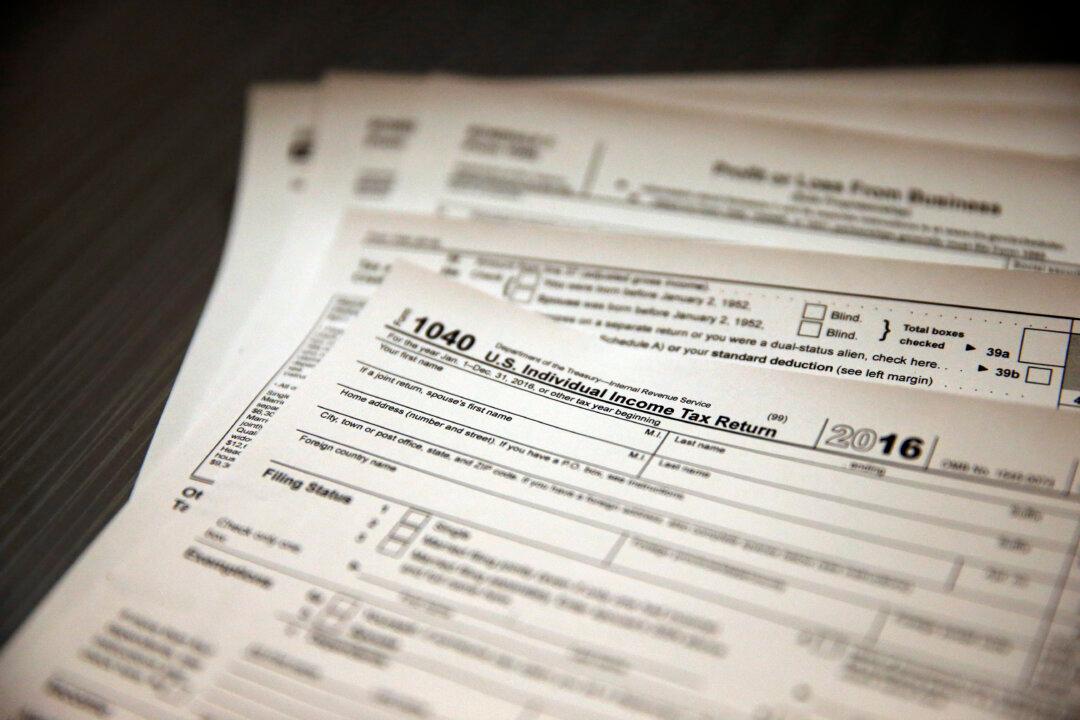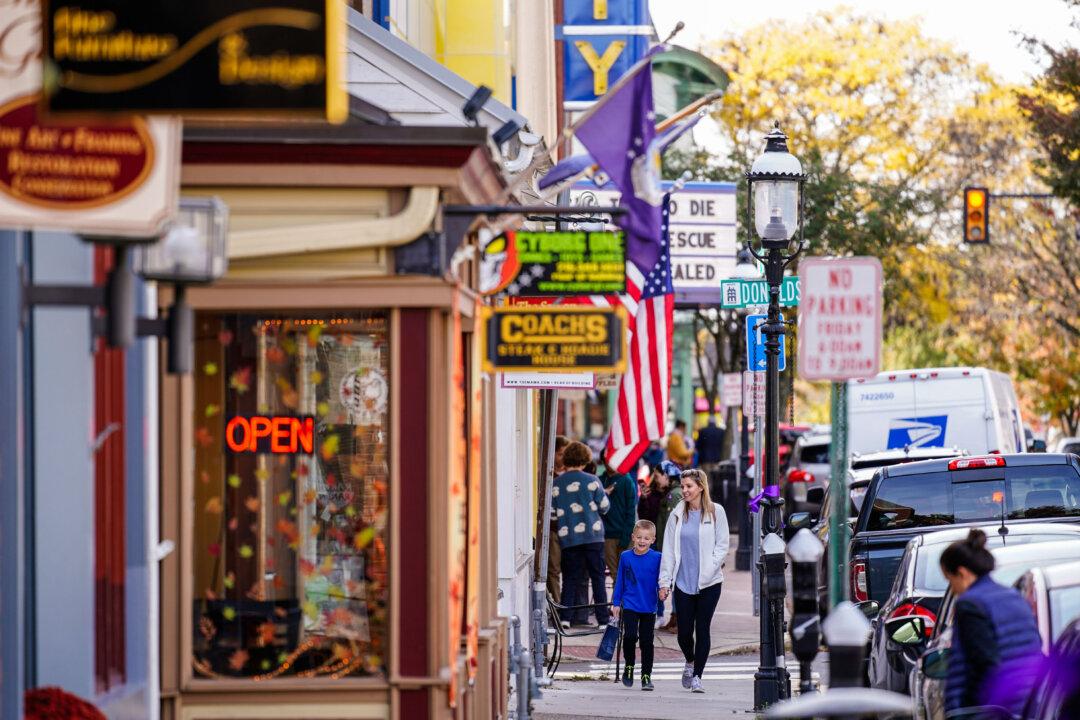Ever since the COVID-19 pandemic in 2020, the time-honored tradition of tipping for all kinds of services has become somewhat skewed, as many U.S. patrons feel the practice has become more of an obligation than a choice.
But if the spirit of the 2024 Christmas season is any indication, the “tipping by choice” tradition is not only going to be really hard to replace in the foreseeable future, but it also might end up becoming stronger than it has ever been, just overnight.




